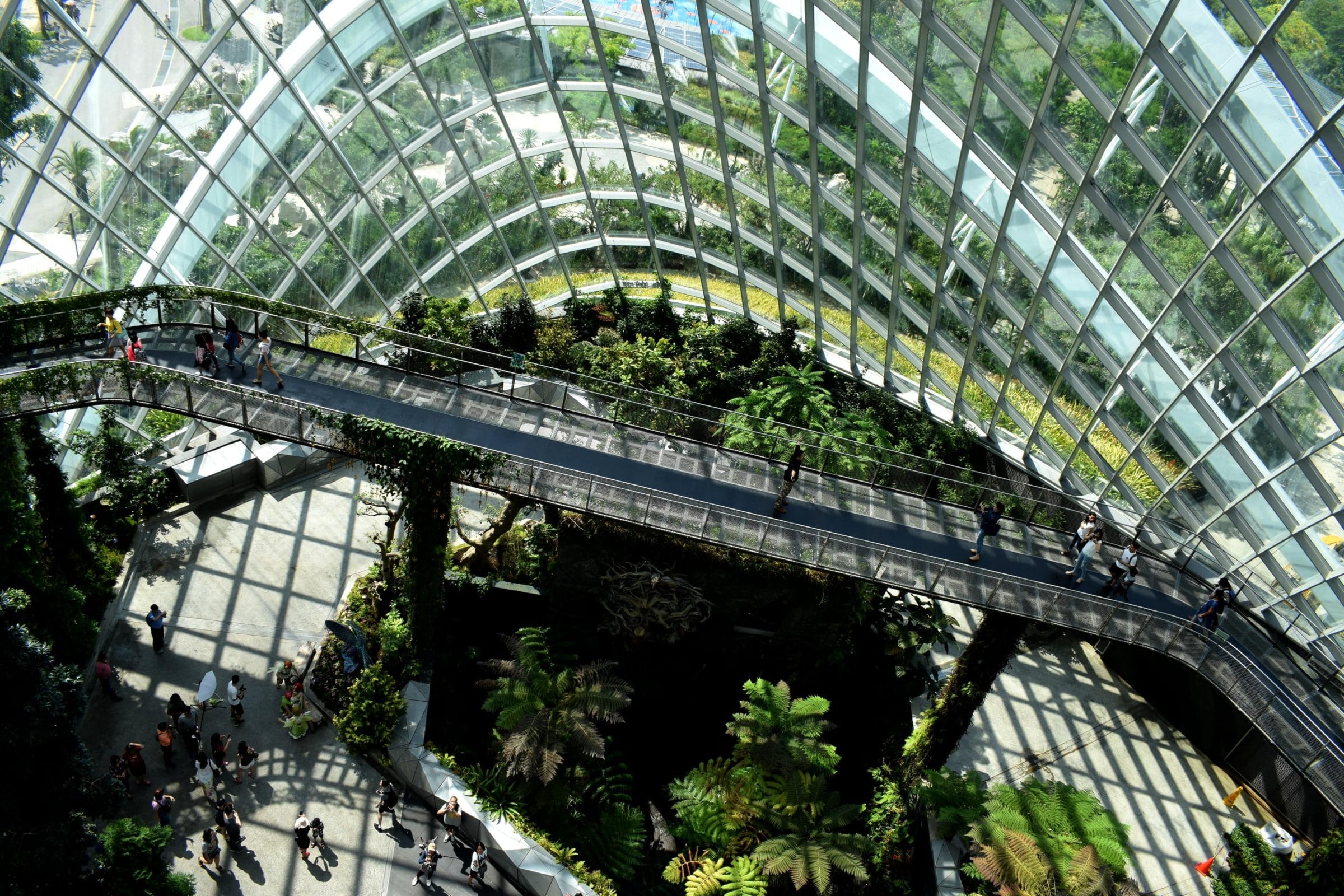April 20, 2020
Earth Day: Environmental Communications Learnings from COVID-19
50th Earth Day: what can climate change communicators learn from COVID-19?
Written by: Charlotte Gilmour, Director of Environmental Communications, Yulu PR
Earth Day 2020 marks the 50th anniversary of people mobilizing in support of climate action, and there are hopes of a billion people supporting this year.
Climate activism has grown year on year. However, the climate crisis has taken a sudden and unexpected back-seat, while people the world over collectively take action to stop the spread of COVID-19.
There is a meme doing the rounds on the internet about the climate crisis needing to hire the coronavirus’s publicist. While the meme is shared in jest – the COVID-19 pandemic has rightly blanketed the news since the outbreak began – there is a dark side to the humour. Once the immediate threat of the virus has passed, the climate crisis urgently needs the same attention if we’re to address this slower-moving but, arguably, equally deadly threat with the same force and global solidarity.
 Earth Day + Environmental Communications: Let’s consider what climate change communicators can learn from COVID-19.
Earth Day + Environmental Communications: Let’s consider what climate change communicators can learn from COVID-19.
1. The urgency has to be clear. COVID-19 has demanded a fast-reaction worldwide in order to save lives. Countries that have been too slow to put measures in place have been scrutinized.
Environmental communicators can increase awareness of the urgent need to act against the climate crisis. The IPCC report, and many other news outlets, focus on 2030 as the deadline for action… this feels far away. Communications should focus on the immediate threats we’re facing as result of the climate crisis – from deadly wildfires to drought.
2. People are willing to change. Environmentalists have long argued that people need to change their habits if we’re to address the climate crisis – however, this change has been slow.
Prior to this outbreak, it would have been hard to envision people staying home in isolation on a mass scale. COVID-19 has proven that people are willing to change behaviors, and quickly.
Why has consumer behavioral change in relation to the climate crisis been slow? The actions that people need to take haven’t been clearly communicated, nor have the dire consequences that we’ll collectively face if we don’t act. There needs to be a strong narrative that explains how industry and consumers can make the greatest difference to limiting their carbon emissions, and supporting climate action overall.
3. Collective action is possible. COVID-19 has proven that collective action is possible, across governments, businesses and individuals. However, this collective action needs to be simultaneous and across all levels.
Climate action hasn’t had the same level of cohesion. COP25 ended in a deadlock with countries struggling to find a common way forward to deal with this global issue. Collective action against climate change at a national level – and then at a global level – is essential.
During the pandemic, businesses have also been quick to say “how can I help?”, with many upending their business models to better serve the immediate needs of their communities. When COVID-19 is under control, it would be encouraging to see businesses take a similar leadership approach to climate change.


